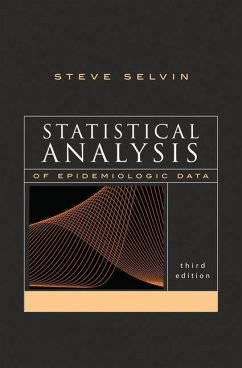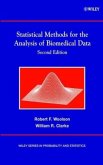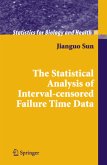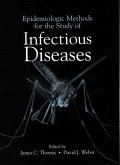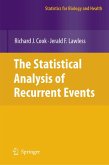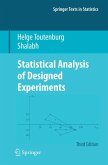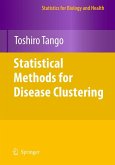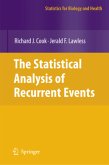Analytic procedures suitable for the study of human disease are scattered throughout the statistical and epidemiologic literature. Explanations of their properties are frequently presented in mathematical and theoretical language. This well-established text gives readers a clear understanding of the statistical methods that are widely used in epidemiologic research without depending on advanced mathematical or statistical theory. By applying these methods to actual data, Selvin reveals the strengths and weaknesses of each analytic approach. He combines techniques from the fields of statistics, biostatistics, demography and epidemiology to present a comprehensive overview that does not require computational details of the statistical techniques described. For the Third Edition, Selvin took out some old material (e.g. the section on rarely used cross-over designs) and added new material (e.g. sections on frequently used contingency table analysis). Throughout the text he enriched existing discussions with new elements, including the analysis of multi-level categorical data and simple, intuitive arguments that exponential survival times cause the hazard function to be constant. He added a dozen new applied examples to illustrate such topics as the pitfalls of proportional mortality data, the analysis of matched pair categorical data, and the age-adjustment of mortality rates based on statistical models. The most important new feature is a chapter on Poisson regression analysis. This essential statistical tool permits the multivariable analysis of rates, probabilities and counts.
Hinweis: Dieser Artikel kann nur an eine deutsche Lieferadresse ausgeliefert werden.
Hinweis: Dieser Artikel kann nur an eine deutsche Lieferadresse ausgeliefert werden.

